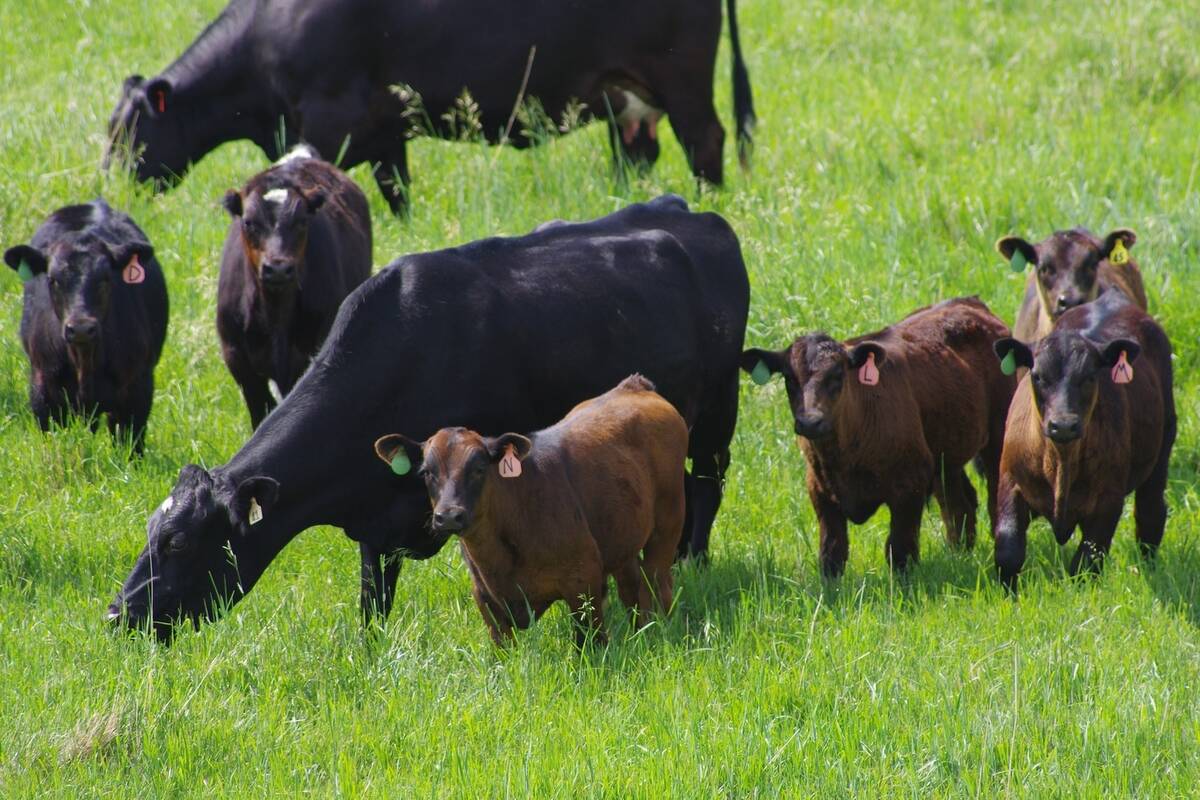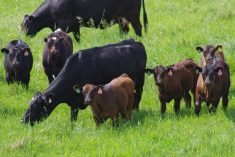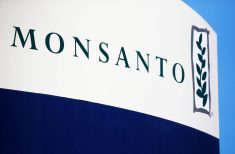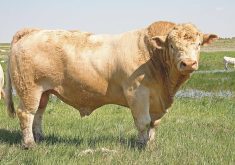European Union officials want to make farm subsidies fairer and more environmentally friendly, in a bid to win support for keeping annual agricultural spending at about 55 billion euros (US$75 billion) up to 2020.
Critics of the bloc s common agricultural policy (CAP) had urged the European Commission to take advantage of high global food prices and slash the huge subsidies it pays to farmers. But against a backdrop of increasing market volatility, resource scarcity and climate change, the commission rejected calls for subsidy cuts.
Read Also

Grazing ‘sweet spot’ boosts pasture performance
Timing-focused approach to pasture management touted to boost forage growth, livestock gains while also cutting farmer labour and inputs
The next decades will be crucial for laying the foundations of a strong agricultural sector that can cope with climate change and international competition. Europe needs its farmers. Farmers need Europe s support, said EU agriculture chief Dacian Ciolos.
The budget stance is supported by pro-farming countries such as France, whose President Nicolas Sarkozy has pledged to defend the CAP with an eye on rural support in next year s presidential elections.
But the plans will face opposition from other countries such as Britain and Sweden, who want to see a sharp cut in farm spending to fund new growth-enhancing measures such as research and innovation.
Under the plans, the bloc will start the process of trying to even out the imbalances in EU aid paid to farmers in western Europe versus less well-off producers in the East.
But Poland said the plans did not go far enough, and criticized the fact that it could take until 2028 until equality was achieved between farmers across the EU.
This is no reform proposal, but some cosmetic changes that would prolong the status quo as regards the distribution of the EU funds, said Poland s Farm Minister Marek Sawicki. It s a mockery that the commission, recognizing the need to equalize direct subsidy levels, at the same time proposes to achieve that over 14 years.
New elements
At present, farmers in Italy and Greece receive about 400 euros per hectare on average, compared to less than a 100 euros per hectare in Latvia.
Ciolos said he wanted farmers in all countries to receive at least 90 per cent of the average level of direct payments currently about 270 euros per hectare but added that the goal would be only partially implemented by 2020.
To help free up funds for the redistribution, Ciolos said large individual farms would see their subsidies capped at 300,000 euros a year from 2014.
In future, 30 per cent of direct subsidies will be conditional on meeting new environmental criteria, such as forcing arable farmers to grow at least three different crops, and leaving seven per cent of farmland fallow.
The plans drew accusations of greenwash from environmentalists who wanted the measures to go further, but EU farmers said the requirements would hurt their competitiveness.
It does not make sense to require every single farm to stop producing on a certain percentage of their land when world food demand is set to rise by 70 per cent by 2050, declared farm union Copa-Cogeca.
French Farm Minister Bruno Le Maire said the commission s environmental proposals were too complex.
In the spirit of innovation, France supports the principle of greening the CAP. But it has to be simple and provide incentives, and take account of the budget context. In their current form, the commission proposals do not meet these objectives, he said in a statement.
The plans included a proposal to grant subsidies only to active farmers, and Ciolos said he doubted airports and golf courses needed the farm subsidies they currently receive.
The CAP reform plans must now be jointly approved by EU governments in the 27-nation bloc and lawmakers in the European Parliament a process which is expected to take up to two years to complete.
———
Thenextdecadeswillbecrucialforlayingthefoundationsofastrongagriculturalsectorthatcancopewithclimatechangeandinternationalcompetition&
DACIAN CIOLOS
EU AGRICULTURE CHIEF














